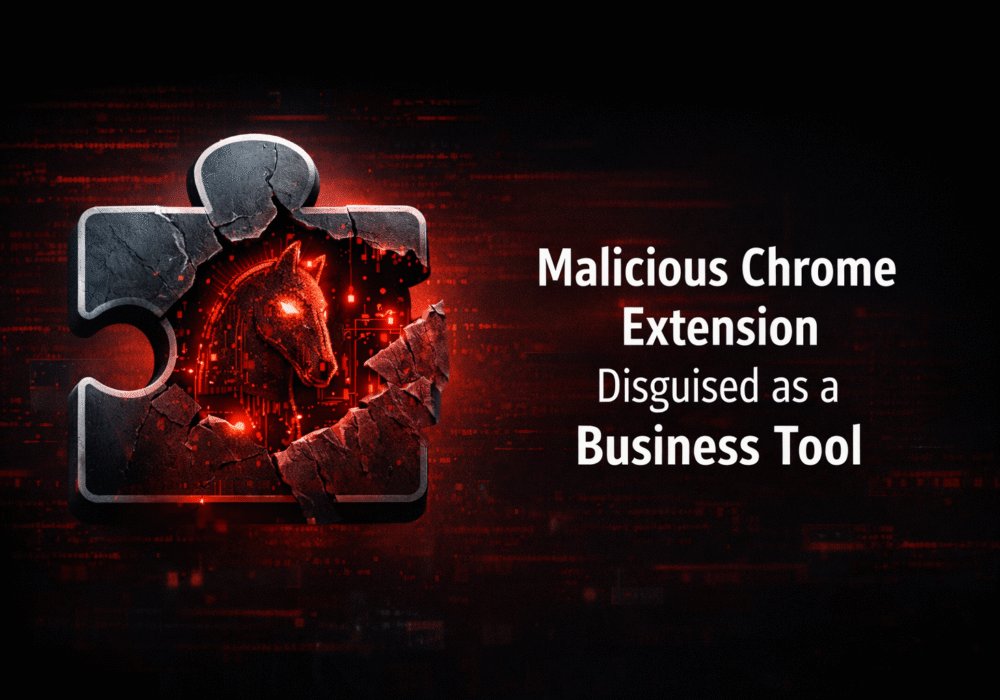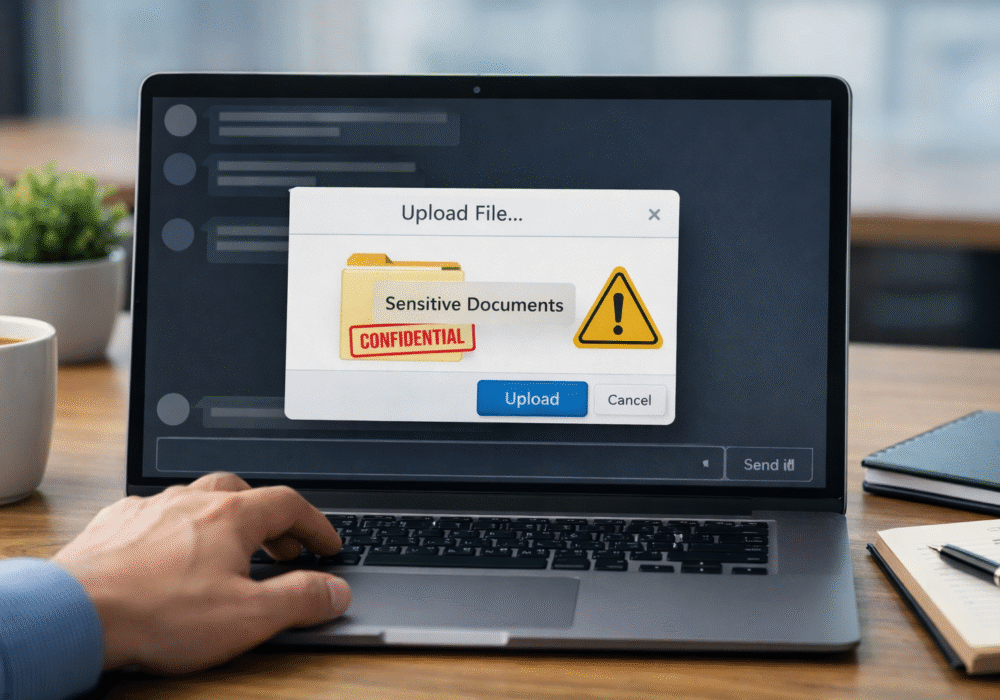
Credit cards, virtual credit cards, payment services (Venmo, Cash), and even digital wallets (Apple Pay, Google Pay) are all available as payment methods when shopping online. Which method is the most secure and what are the risks of using them?
Old fashioned credit cards are used by millions to purchase things online. If the product arrives broken or damaged, or not at all, a simple phone call to your credit card company can reverse charges and puts the onus on the vendor to prove they shipped a working accurate item to you in order to contest your complaint. This provides a lot of purchasers’ peace of mind knowing they are protected while shopping and yet, there are still risks to using traditional credit cards.
Credit Card Risks: Using traditional credit cards online can lead to the theft of your credit card data and their use online for merchandise that is never shipped to you, but rather shipped to PO Boxes and retrieved anonymously by individuals who stole or acquired your credit card number, address, expiration date, and in many cases even your CVV. The dark web sells working credit card numbers for as low as $4.00 for a complete set of information. There are more secure options out there than traditional credit cards today. Let’s have a look at them individually.

Virtual Credit Cards hide your real credit card numbers and information from hackers so they are unable to use it. Virtual Credit Cards are set to be used a limited number of times, or even just once. This prevents their abuse and you losing out on theft or abuse should a website you bought something from be compromised.
Virtual Credit Card Risks: while the risk to your card details being stolen and used to buy illicit goods is removed, so is your ability to receive a refund should you return an item purchased on a virtual credit card. Most virtual credit cards disappear from existence once used and cannot carry a balance from a refund. While this is a low probability you need to know this is often the Achilles heel of virtual CCs.
Digital Wallets improve the overall security of your credit card information by not sharing it directly with the vendor you’re buying from. Instead, they use a cryptographic hash of your credit card to validate your credit details with the vendor and your bank keeping your private details safe.
Digital Wallet Risks: If you ever lose your phone, you had better have a strong PIN or biometric identifier to unlock the phone. Not having secure passcodes to unlock your phone is tantamount to leaving your car keys in the ignition in a bad part of town and leaving for lunch. Don’t do it!


Prepaid Credit Card aren’t tied to your bank account but need money to top them up for use. Of course, this protects the private banking information you have from being stolen and limits the abuse that can be performed against anything stolen by hackers.
Prepaid Credit Card Risks: While prepaid cards limit the damage that can happen when a real credit card is stolen, they are also prone to being left unused for years, lost, or themselves stolen by thieves.
Cryptocurrency is a decentralized form of payment that relies on blockchain technology to keep a distributed ledger of transactions. Some proponents of cryptocurrency, like Bitcoin argue it is safer and more private than fiat money like the US dollar. You don’t need a credit card, bank account, or access to the financial system in any way to use crypto. And if you know what you are doing, the chances of being tracked by a third party are minimal, especially if you use privacy-focused currencies like Monero.
Cryptocurrency Risks: with the dissolution of FTX in Nov. 2022, which was compared to Enron’s collapse only 2-3 times larger, the unregulated cryptocurrency marketplaces can be quite risky to investors and holders of Bitcoin, Monerocoin, or any other cryptocurrency. The value of Bitcoin has plummeted in the last year from a high of almost $65,000 down to below $20,000 in Nov. 2022. Cryptocurrencies come with significant risks as they are an unregulated currency, do not have any protection from any governments though exceptions exist to this. You simply must understand the risks of using cryptocurrencies for online transactions before you invest any sum of money, large or small.

https://youtu.be/oq07P8aVLtg
Source:
What are the Safest Online Payments
Additional Reading:
A Complete List of Online Payment Methods
Discover and share the latest cybersecurity trends, tips and best practices – alongside new threats to watch out for.

If a Chrome extension promises to remove security pop-ups and generate MFA codes, that should make you...
Read more
Cyberattacks usually start with phishing emails or weak passwords. This one did not. Security researchers...
Read more
Not surprising when Trouble Ensues Last summer, the interim head of a major U.S. cybersecurity agency uploaded...
Read moreGet sharper eyes on human risks, with the positive approach that beats traditional phish testing.
